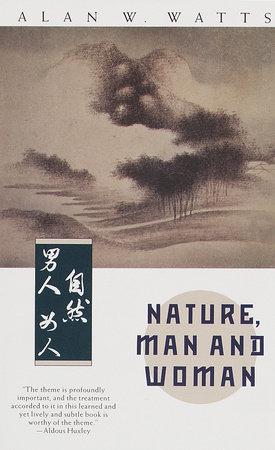An Introduction to Wholeness
Reflecting on the concept of wholeness is a helpful practice for assessing where we are in our lives, as well as where we have been, where we want to be, and what steps we need to take to get there.
Before we can do this, however, it helps to know what wholeness means. In the most literal sense of the term, wholeness encompasses everything. Physician and author Deepak Chopra summed it up this way in a 2020 article: “Every living thing participates in wholeness, because by definition wholeness excludes nothing.”
How does wholeness relate to balance?
On a personal level, wholeness relates to incorporating and nurturing all the things one requires for living a full, balanced life on a personal level and in the context of interacting with others and the natural world from a place of integrity. When we embody the concept of wholeness, we move toward a healthy respect and appreciation for all connections, great and small, in our lives.
Wholeness is also about being able to draw on our physical, emotional, mental, and spiritual strengths to help us through those difficult periods when balance fades and a sense that something is missing hovers about the mind. But just as wholeness includes joy and following one’s bliss, it also includes perseverance and grit.
Balance is indeed an important part of wholeness, but it also includes having the resilience to endure when balance—at least as we perceive it in the moment—is lacking.
How do I recognize wholeness in my life?
Recognizing wholeness is not always easy because even when one cannot see it clearly, it is still there. Yet when “the big picture” is not readily discernible, the whole can be transformed by focusing on smaller, specific areas that are easier to manage.
It’s easy to understand, for example, that a nutritious diet is helpful in terms of people being able to perform at optimum levels during physical activity. Getting adequate exercise, in turn, can influence our brain, which can have a positive effect on our emotional and mental health, and so on.
Rather than thinking of wholeness as something we attain when we combine separate parts to make a single whole, it may be more accurate to conceptualize wholeness as a foundational reality that precedes any recognition of it on our part. With this approach, wholeness just is, and it’s no great leap to understand that eating nutritious food affects more than just one’s digestive system, just as one small act of kindness can eventually lead to much more joy in the world than the smile it brought to the face of the person on the receiving end.
How is wholeness experienced in my inner life?
One’s inner life is like the submerged portion of the proverbial iceberg, omnipresent but rarely on display with anything resembling full transparency for friends, family, and society at large. Nor are all aspects of one’s inner life known to one’s self.
In her 2021 book The Wild Land Within: Cultivating Wholeness Through Spiritual Practice, Lisa Colón DeLay makes use of the Johari window, a technique developed in the 1950s by psychologists Joseph Luft and Harrington Ingham. The Johari window gives us a guide for examining aspects of wholeness that are not always apparent or emphasized in most social, familial, or even private settings.
“The Johari window,” DeLay writes, “. . . can help us understand what we know (and don’t know) about ourselves and what others know (and don’t know) about us.”
The Johari window is divided into four quadrants: what we know about ourselves that is also known to others (arena); what we don’t know about ourselves that others can see (blind spot); what we know about ourselves that is not known to others (façade); and that which is not apparent to ourselves or others (unknown).
Simply seeing the Johari window and realizing that it provides a pragmatic observational window can be liberating and extremely useful in terms of having a framework for sorting through the various layers of existence that comprise wholeness.
By consciously categorizing characteristics, thoughts, desires, and other qualities that make up our experience of being human, we can better understand who we are, how we relate to the world, and what areas of our inner life need attention so that we can more easily find harmonious integration of all parts within the whole.
What else does wholeness mean?
The meaning of wholeness goes beyond what we can put into words. The phrase “the whole is more than the sum of its parts,” found in the works of Aristotle, has endured in various permutations for more than two millennia. Students of group dynamics see this maxim play out on a regular basis, but no one ever knows exactly how it will play out until it does. Even then, there is no guarantee it will unfold the same way the next time.
When we begin to understand mystery as an irreducible component of wholeness, we can let go of needing to know all the answers. This release allows us, as the poet Rainer Maria Rilke (1875–1923) wrote, to “try to love the questions themselves, like locked rooms and like books that are now written in a very foreign tongue.”
You Might Also Like Our Content on These Topics: Belonging, Empathy, Intimacy, Oneness, Self-Discovery




 Open your eyes and see that you are far more than you imagine.
Open your eyes and see that you are far more than you imagine.





